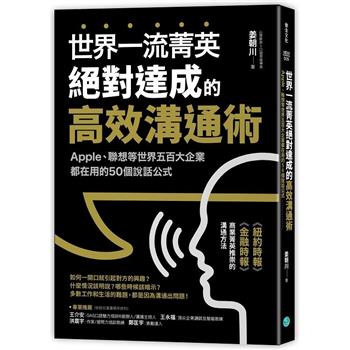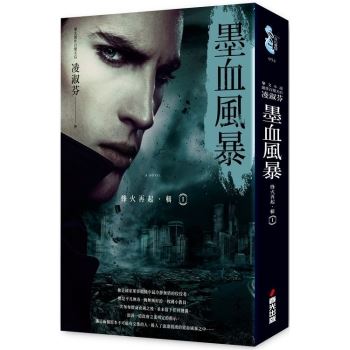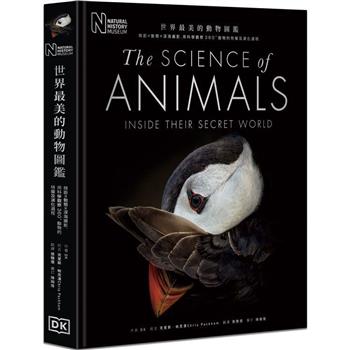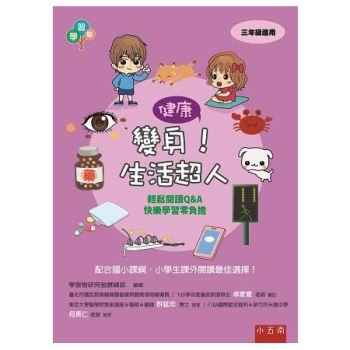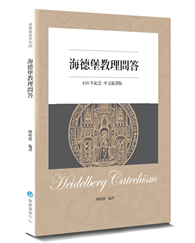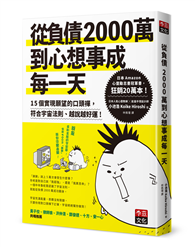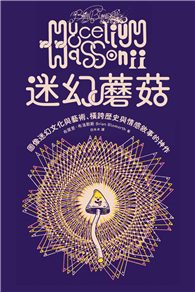| FindBook |
|
有 1 項符合
tiziana lioi的圖書 |
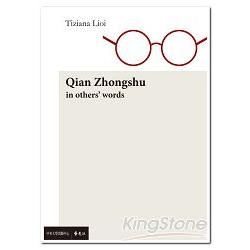 |
$ 221 ~ 360 | Qian Zhongshu in others'; words (英文版)【金石堂、博客來熱銷】
作者:Tiziana Lioi 出版社:遠流出版事業股份有限公司 出版日期:2014-09-06 語言:英文 規格:296頁/15*21cm  共 7 筆 → 查價格、看圖書介紹 共 7 筆 → 查價格、看圖書介紹
|
|
|
Chinese comparative literature has a great representative in the contemporary scholar and writer Qian Zhongshu (1910-1998). His comparative method defies every categorisation and his extensive use of quotations in seven languages-the main characteristic of his style-creates a collage of literary motifs and genres that constitutes a fertile field for analysis to grasp the general principles of world literature.
Italian quotations and the influence of Italian literature on the comparative method of Qian Zhongshu are the main concern of this analysis, and are a topic never before dealt with in mainland and overseas Qian Xue studies.
The study outlines the threads that move Qian Zhongshu in the choice of authors and works that constitute, in quotation, the core of his method and answers questions on the necessity of such a consistent use of quotations and on the role that foreign literatures, with a focus on the Italian one, have in the definition of a comparative method that seems to be all-inclusive and difficult to grasp.
To seize an understanding of the principles that lead global literatures in an enhancement of mutual comprehension between countries and peoples seems a desirable yet unrealistic goal: Qian Zhongshu, through his use of quotations to establish a dialogue between different historical epochs and distant spatial settings, wants to demonstrates that this desire is attainable.
作者簡介
Tiziana Lioi
Tiziana Lioi received her BA and Ph.D. from the University of Rome "Sapienza" and is now adjunct professor of Chinese language and culture. She has devoted her PhD research to the study of the influence of Italian literature on Qian Zhongshu's comparative literature method and is the sole translator of Qian Zhongshu's works in Italian. Her first book, "Uomini Bestie Demoni" is the translated version of "Ren Shou Gui", collection of stories by Qian Zhongshu that outlines with a sharp eye Chinese society during the first half of 20th century. She has been living in China, in Nanjing first and later on in Beijing, to get herself constantly involved in Chinese society and cultural life and strengthen her link with China and its people.
|
